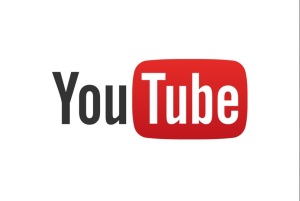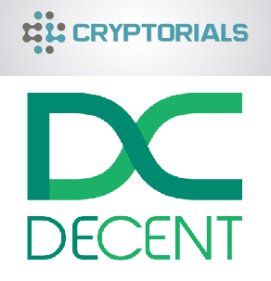 Music videos and music-related video content account for just 4.3% of overall YouTube traffic, according to data now released by San Francisco-based Pexeso. By stark comparison, gaming-related content accounts for 33.4% of the total, which mirrors the massive draw of channels like Twitch.
Music videos and music-related video content account for just 4.3% of overall YouTube traffic, according to data now released by San Francisco-based Pexeso. By stark comparison, gaming-related content accounts for 33.4% of the total, which mirrors the massive draw of channels like Twitch.
Entertainment-focused content also dwarfs music content, according to the data, with an 18.9% chunk. Random content uploaded by people, bloggers, and YouTube personalities also beat music content, accounting for 14.3% of the pie. Other categories like Sports and Film & Animation also trump music.
Source: Music Is Just 4.3% of YouTube Traffic, Research Shows


 Eastern Virginia District Court dismissed Cox’s appeal of an earlier verdict, which ordered Cox to pay BMG $25m in damages for copyright infringement.
Eastern Virginia District Court dismissed Cox’s appeal of an earlier verdict, which ordered Cox to pay BMG $25m in damages for copyright infringement.

 Startups working with blockchain and bitcoin technology around the world raised close to $300 million (£231.2 million) in funding in the first 6 months of the year, according to Juniper Research.
Startups working with blockchain and bitcoin technology around the world raised close to $300 million (£231.2 million) in funding in the first 6 months of the year, according to Juniper Research.

 Copyright Clearance Center, Inc. (CCC), a global licensing and content technology company, has announced the launch of its cloud-based RightFind™ Content Decision Support (CDS), an easy-to-use analytics platform that helps information center managers leverage the power of usage data to make smart decisions around content investments.
Copyright Clearance Center, Inc. (CCC), a global licensing and content technology company, has announced the launch of its cloud-based RightFind™ Content Decision Support (CDS), an easy-to-use analytics platform that helps information center managers leverage the power of usage data to make smart decisions around content investments. The Department of Justice’s Antitrust Division and the Federal Trade Commission seek public comment on a proposed update of the Antitrust Guidelines for the Licensing of Intellectual Property, also known as the IP Licensing Guidelines. The IP Licensing Guidelines, which state the agencies’ antitrust enforcement policy with respect to the licensing of intellectual property protected by patent, copyright and trade secret law and of know-how, were issued in 1995 and are now being updated.
The Department of Justice’s Antitrust Division and the Federal Trade Commission seek public comment on a proposed update of the Antitrust Guidelines for the Licensing of Intellectual Property, also known as the IP Licensing Guidelines. The IP Licensing Guidelines, which state the agencies’ antitrust enforcement policy with respect to the licensing of intellectual property protected by patent, copyright and trade secret law and of know-how, were issued in 1995 and are now being updated.